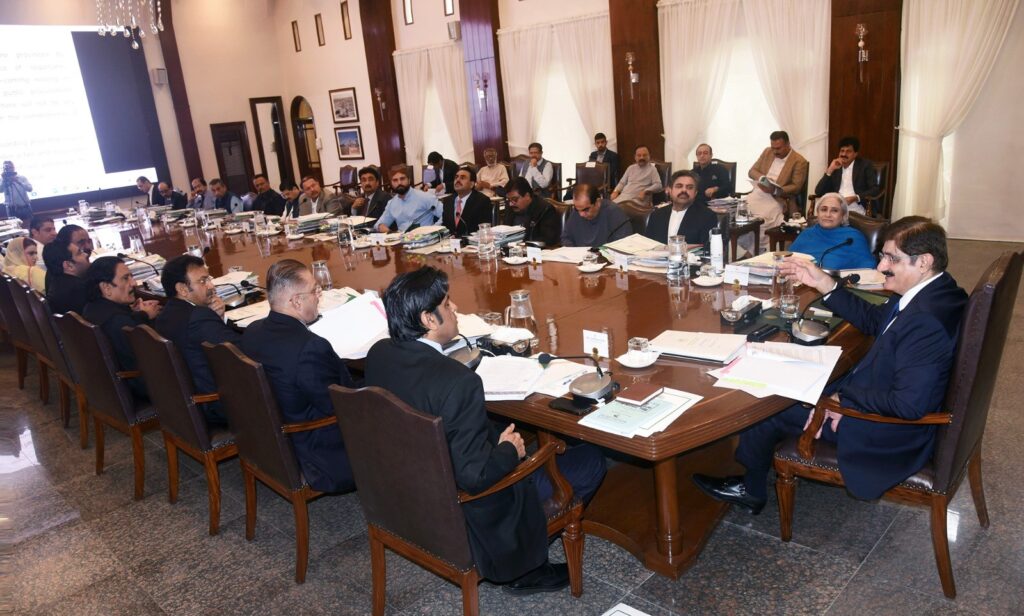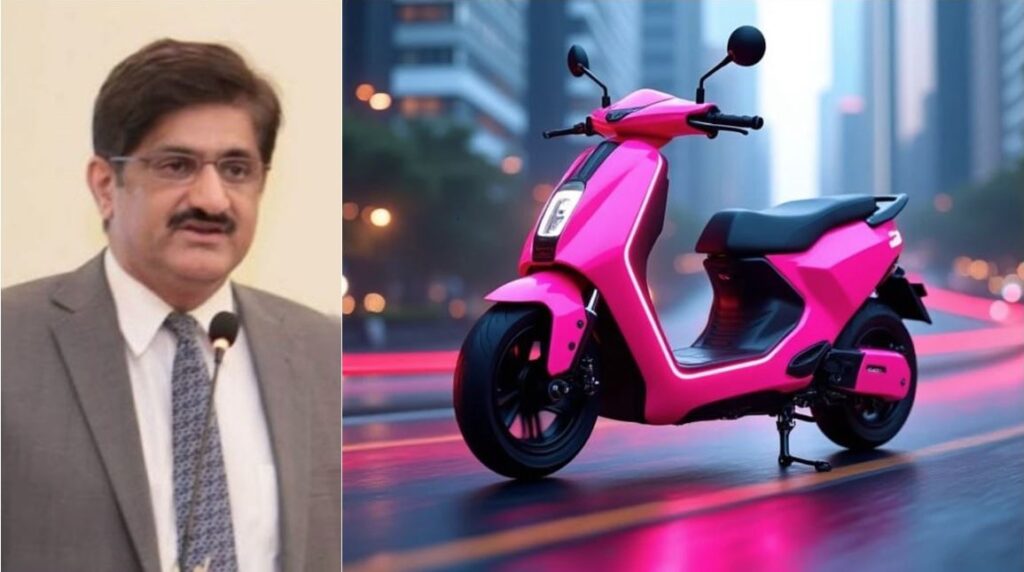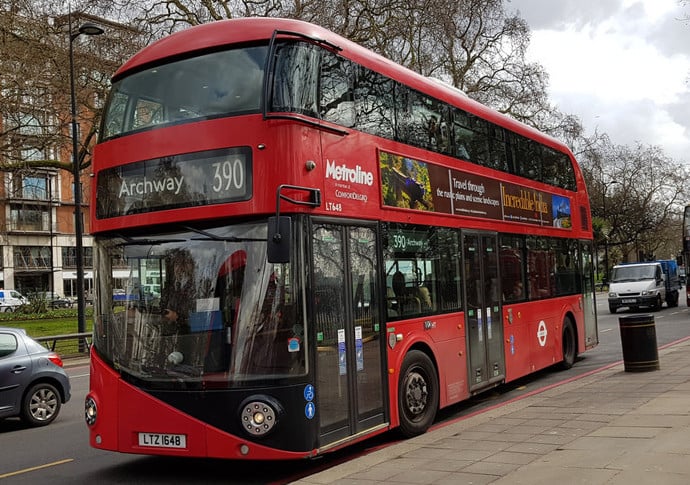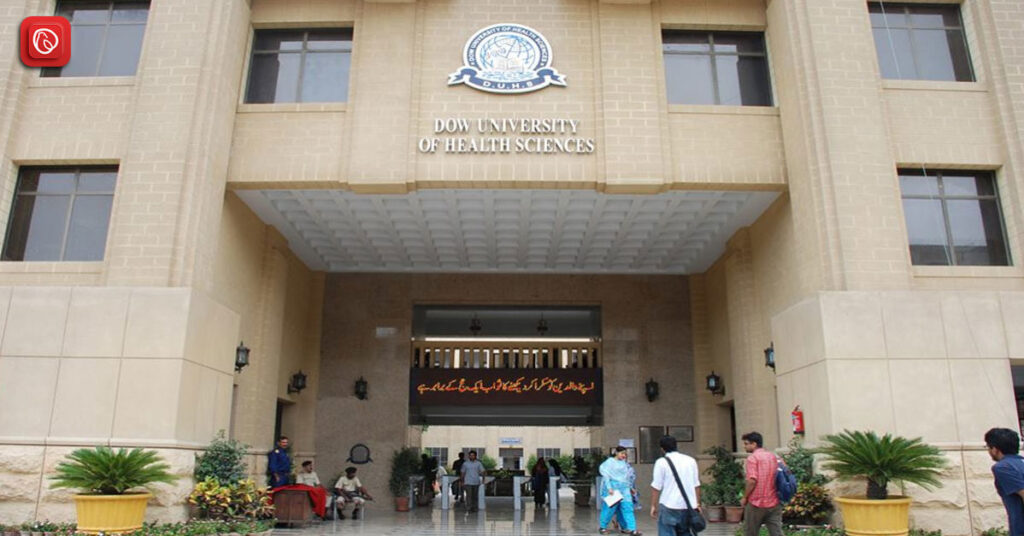Upgrades for the K-IV water supply project and
Dow University’s plan to manufacture anti-snake
and anti-rabies vaccines approved
Staff Reporter

Karachi: Sindh Chief Minister Syed Murad Ali Shah, presiding over a cabinet meeting at CM House, approved key initiatives, including the procurement of 1,000 pink electric motorcycles for women, the acquisition of double-decker and electric buses for Karachi, and critical infrastructure upgrades for the K-IV water supply project. The cabinet also sanctioned Dow University’s plan to manufacture anti-snake and anti-rabies vaccines.

Pink Electric Motorcycles for Women
The Sindh Mass Transit Authority (SMTA) will procure 1,000 electric motorcycles for women, enhancing female mobility through sustainable transportation. The Rs 300 million initiative will be funded externally and allocated via a transparent balloting process. Applicants must be female students or working women and permanent residents of Sindh. They will be restricted from selling the motorcycles for seven years.

Public Transport Enhancements
The cabinet approved the procurement of 50 public transport buses for Karachi, including 15 double-decker and 35 electric buses. With an allocated budget of Rs 3 billion, the transport department will operate the double-decker buses on Shahrah-e-Faisal and deploy the rest on various city routes.
K-IV Water Supply Project Upgrades
To address Karachi’s water crisis, the Sindh government, in collaboration with the federal government, is increasing the K-IV project’s capacity from 1,200 to 2,400 cusecs. The cabinet approved the revision of the PC-1 for the KB Feeder and Keenjhar Lake improvement, ensuring timely completion despite rising material costs.
Additionally, a 132 kV grid station and transmission line for the K-IV project will be developed by the Sindh Transmission and Dispatch Company (STDC) at a cost of Rs 16.47 billion. The Karachi Water and Sewerage Corporation (KWSC) will act as a 50 MW bulk-power consumer for Hyderabad Electric Supply Company (HESCO), with a Transmission Service Agreement (TSA) in place.
KWSSIP Expansion
The Karachi Water Supply & Sewerage Services Improvement Project (KWSSIP) has secured $1.6 billion in funding from the World Bank, Asian Infrastructure Investment Bank (AIIB), and the Sindh government. The second phase (SOP-II), with a $600 million budget, is set to be implemented over 12 years (2020-2032). Formal negotiations with the World Bank concluded in October 2024, and the loan is expected to be effective by March 2025.
Vehicle Registration Reforms
To curb financial losses due to misclassification, the cabinet decided that double-cabin vehicles used privately will be registered as non-commercial, with a 4% tax on total value and a Rs 7,000 annual motor vehicle fee. The government has also raised Rs 541.6 million from premium number plate sales, which will fund the Sindh People’s Housing Project for flood-affected communities.

Dow University’s Vaccine Production Unit
The cabinet approved Dow University’s establishment of the Dow Life Sciences Foundation under Section 42. The entity will produce anti-snake venom and anti-rabies vaccines, develop a bioequivalence study center, and manufacture safe drinking water. Profits will be allocated to the DUHS Endowment Fund to support public health programs.
Government Polytechnic Institute Adoption
SZABIST and ZABTech will adopt the Government Polytechnic Institute with an initial grant of Rs 160.3 million. The Sindh government will fund Rs 616.53 million over five years, after which SZABIST and ZABTech will take over financial responsibility.
Anti-Corruption Establishment Automation
The Enquiries & Anti-Corruption Establishment (E&ACE) will implement a Complaint Management System (CMS) developed by Sukkur IBA at an estimated cost of Rs 144.118 million. The system will automate all offices within a year.
The Sindh cabinet’s latest decisions reflect a commitment to improving urban mobility, water security, healthcare, and governance through strategic investments and reforms.






















